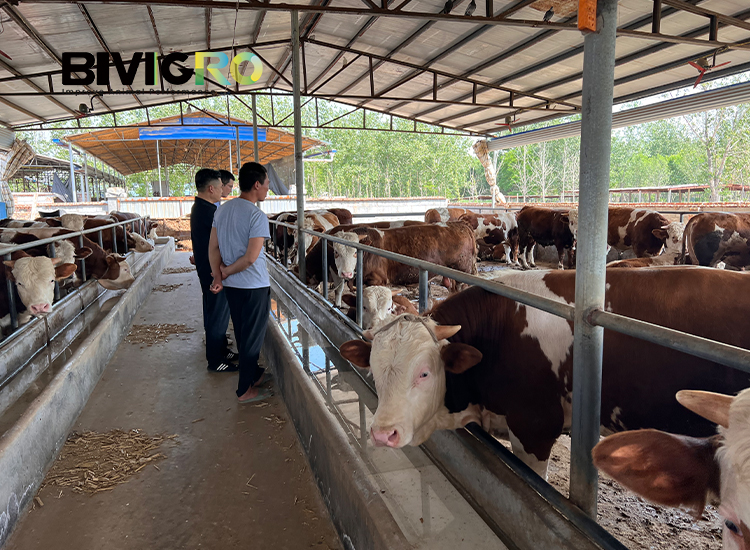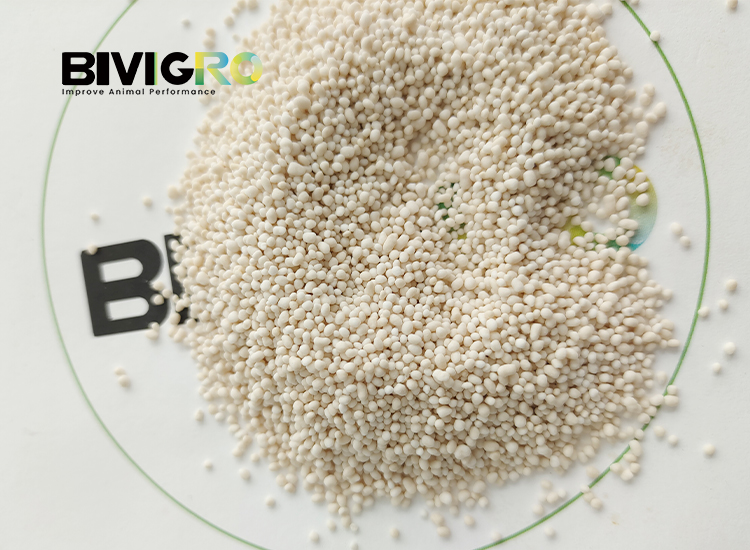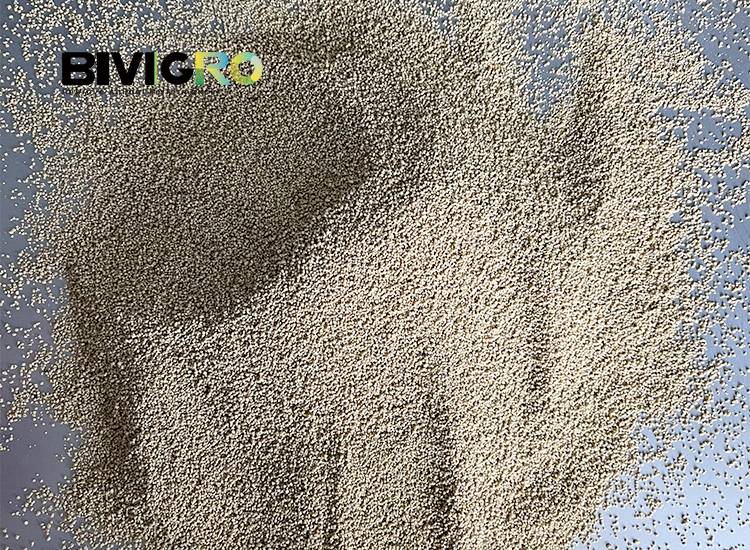-
Company
-
Products
-
Events
-
Feed Talk
-
Contact
-
Follow Us
Why Rumen-Protected Amino Acids Are Essential in Ruminant Feed
In ruminant nutrition, balancing dietary protein to meet the metabolic demands of high-yielding dairy cows, beef c
In ruminant nutrition, balancing dietary protein to meet the metabolic demands of high-yielding dairy cows, beef cattle, and sheep has always been a complex challenge. While rumen microbes play a vital role in breaking down feed into volatile fatty acids and microbial protein, this process often fails to supply sufficient methionine and lysine, which are two critical amino acids required for milk synthesis, muscle growth, and immune function. Conventional amino acid supplements, when added directly to feed, are rapidly degraded by rumen microbes, leaving less than 20% available for absorption in the small intestine. This inefficiency forces farmers to overfeed protein sources, over costs and increasing nitrogen excretion, which harms both profitability and the environment.

Rumen-protected methionine (RP-Met) and lysine (RP-Lys) address this problem through innovative encapsulation technology. By coating these amino acids with pH-sensitive polymers or lipid layers, they resist microbial breakdown in the rumen, ensuring targeted delivery to the small intestine. Here, the protective coatings dissolve, releasing methionine and lysine for direct absorption into the bloodstream. This precision nutrition approach bridges the gap between microbial protein supply and the animal’s actual amino acid requirements, unlocking productivity gains that were previously unattainable.

Elevated Milk Yield and Quality: Methionine is a key regulator of milk protein synthesis. Trials show that supplementing RP-Met in dairy cow diets increases milk protein content by 8–12% and daily yield by 2–4 kg. Higher milk quality translates to better prices for farmers, especially in markets valuing protein-rich dairy products.

Enhanced Growth and Feed Efficiency: In beef cattle, RP-Lys supports muscle development and improves feed conversion ratios (FCR). Studies report a 6–10% boost in average daily gain when diets are fortified with rumen-protected lysine, reducing time to market and feed costs.
Traditional strategies to boost amino acid levels, such as feeding more soybean meal or synthetic urea, often lead to rumen overload, inefficient nitrogen use, and environmental pollution from excess ammonia. Rumen protected amino acids, however, work synergistically with the rumen’s natural processes. They provide a "direct dose" of essential nutrients without disrupting microbial fermentation, allowing farmers to formulate lower protein (and lower cost) diets while maintaining or even elevating animal performance. For example, replacing 1 kg of soybean meal with RP-Met and RP-Lys can reduce dietary crude protein by 2–3% without sacrificing milk or meat output, a win-win for cost savings and sustainability.
Rumen protected methionine and lysine represent more than just feed additives, they are tools for precision nutrition that empower farmers to maximize genetic potential, reduce waste, and operate sustainably. Integrating these advanced amino acids into ruminant diets is no longer optional but imperative. For forward-thinking producers, the question isn’t whether to adopt rumen-protected amino acids, but how soon they can start improving the benefits.
